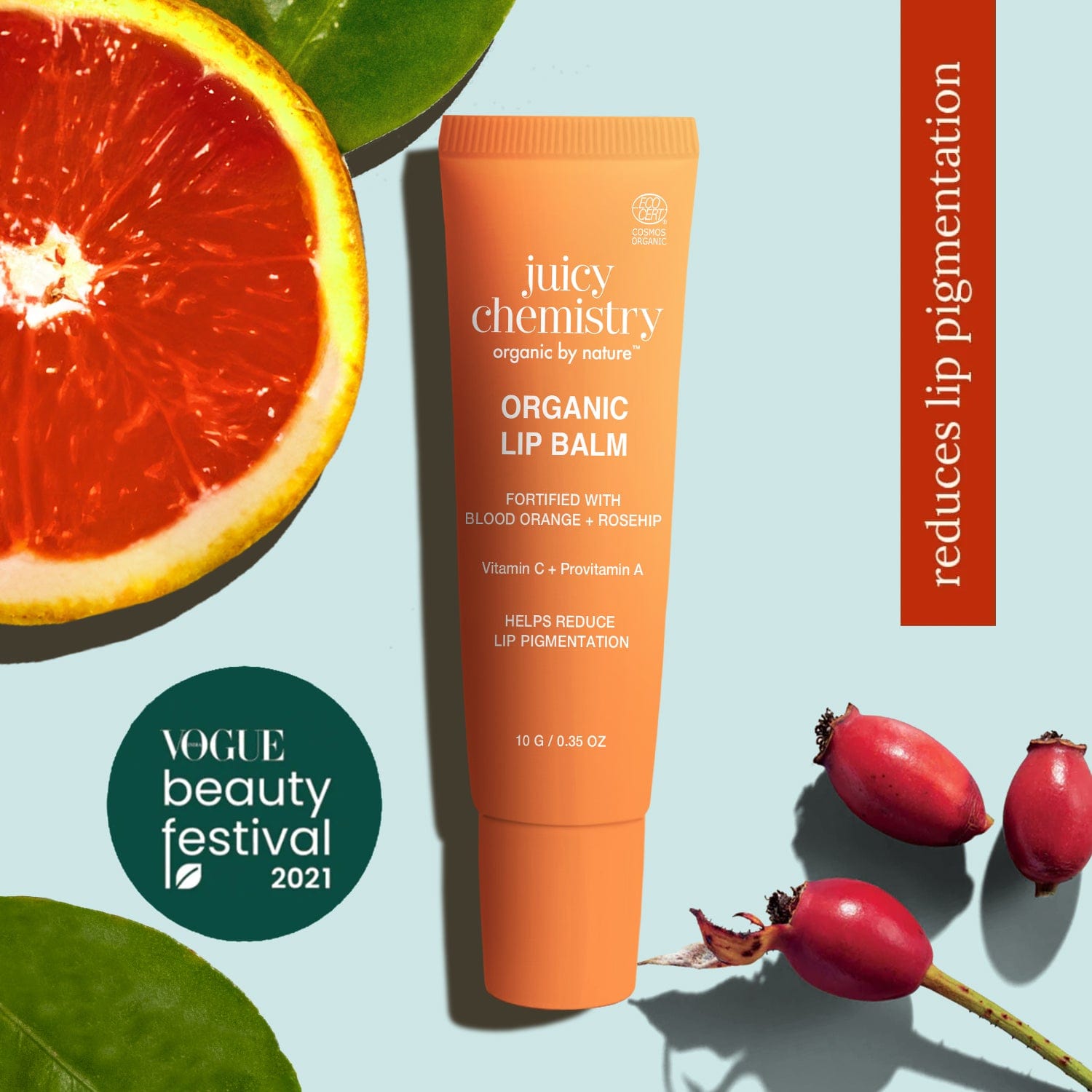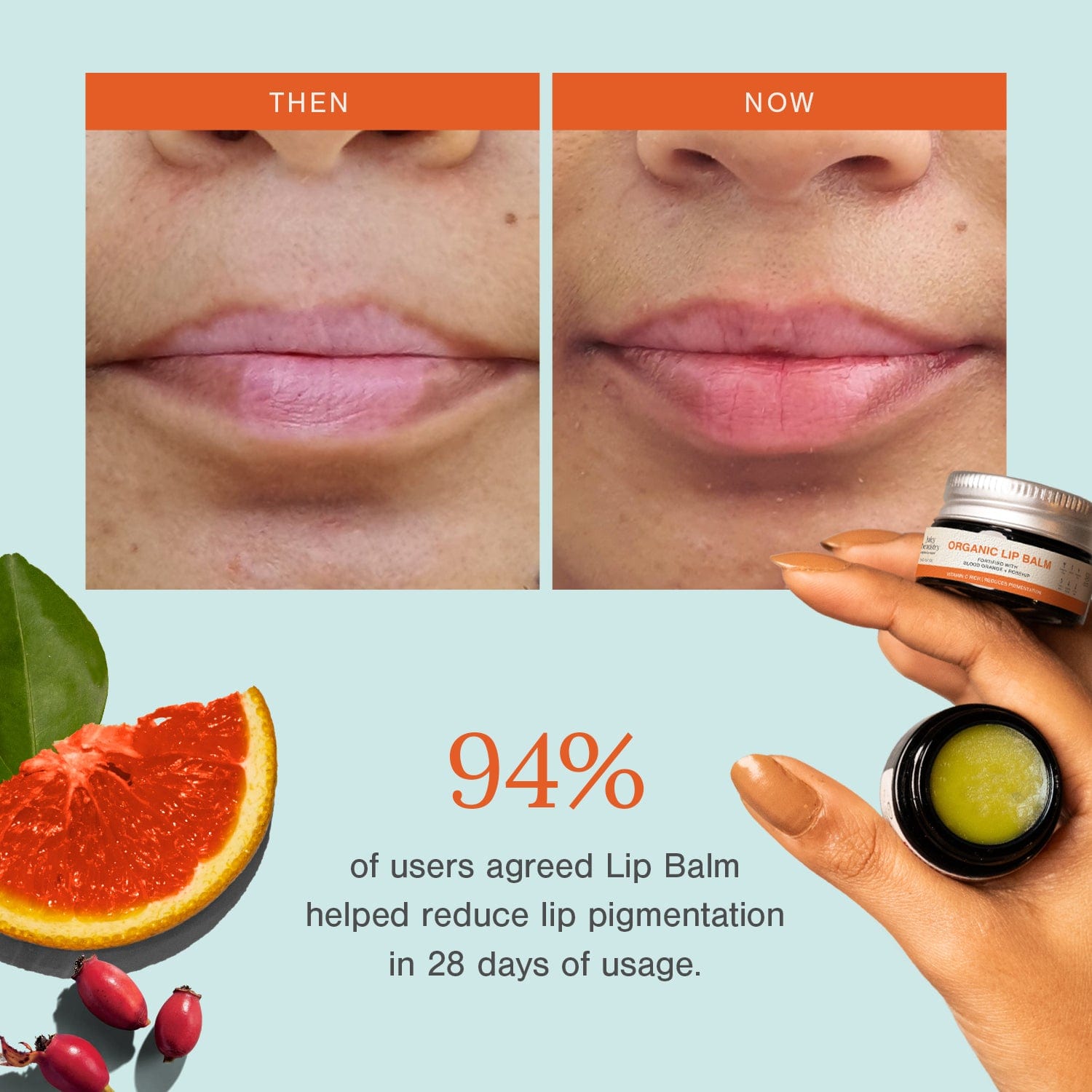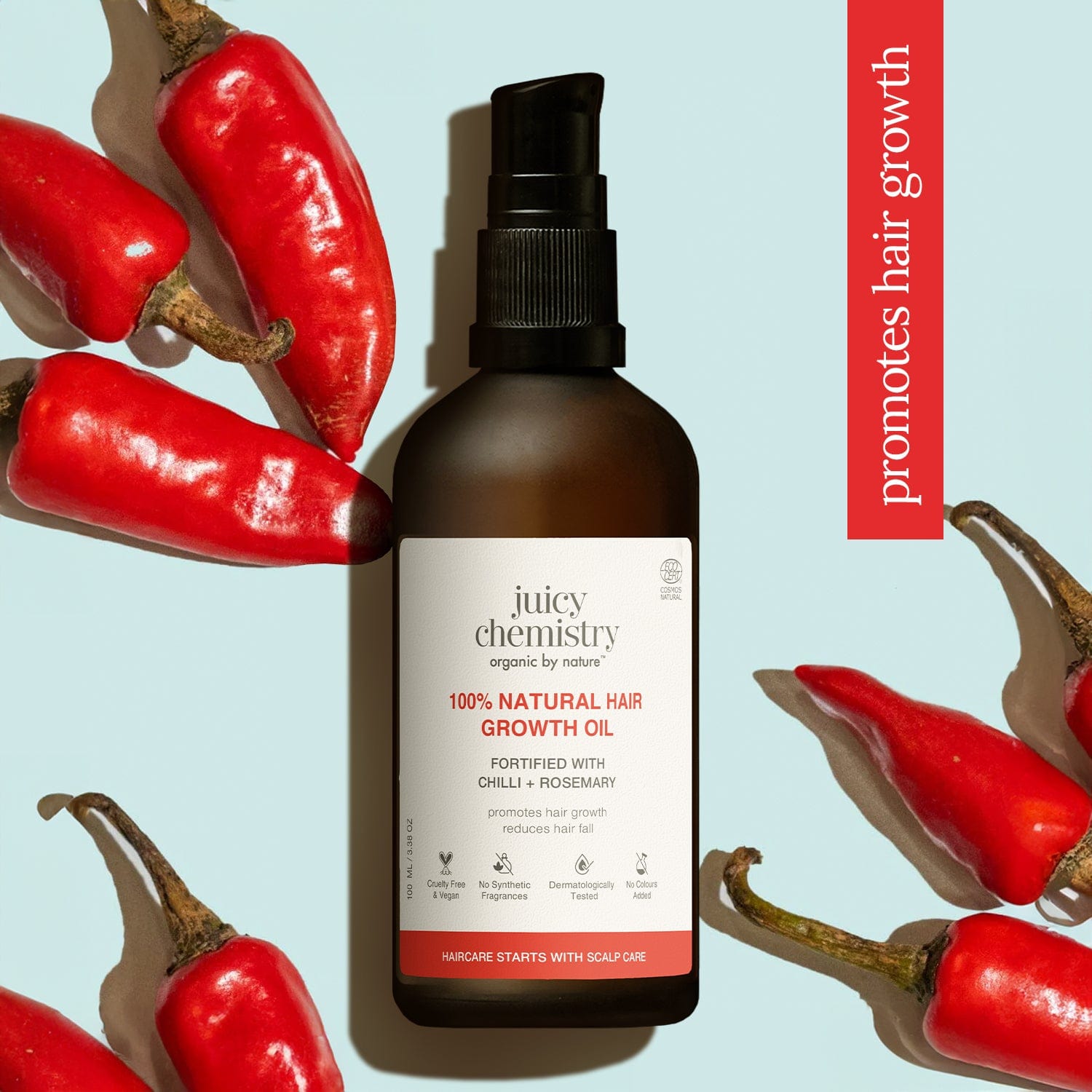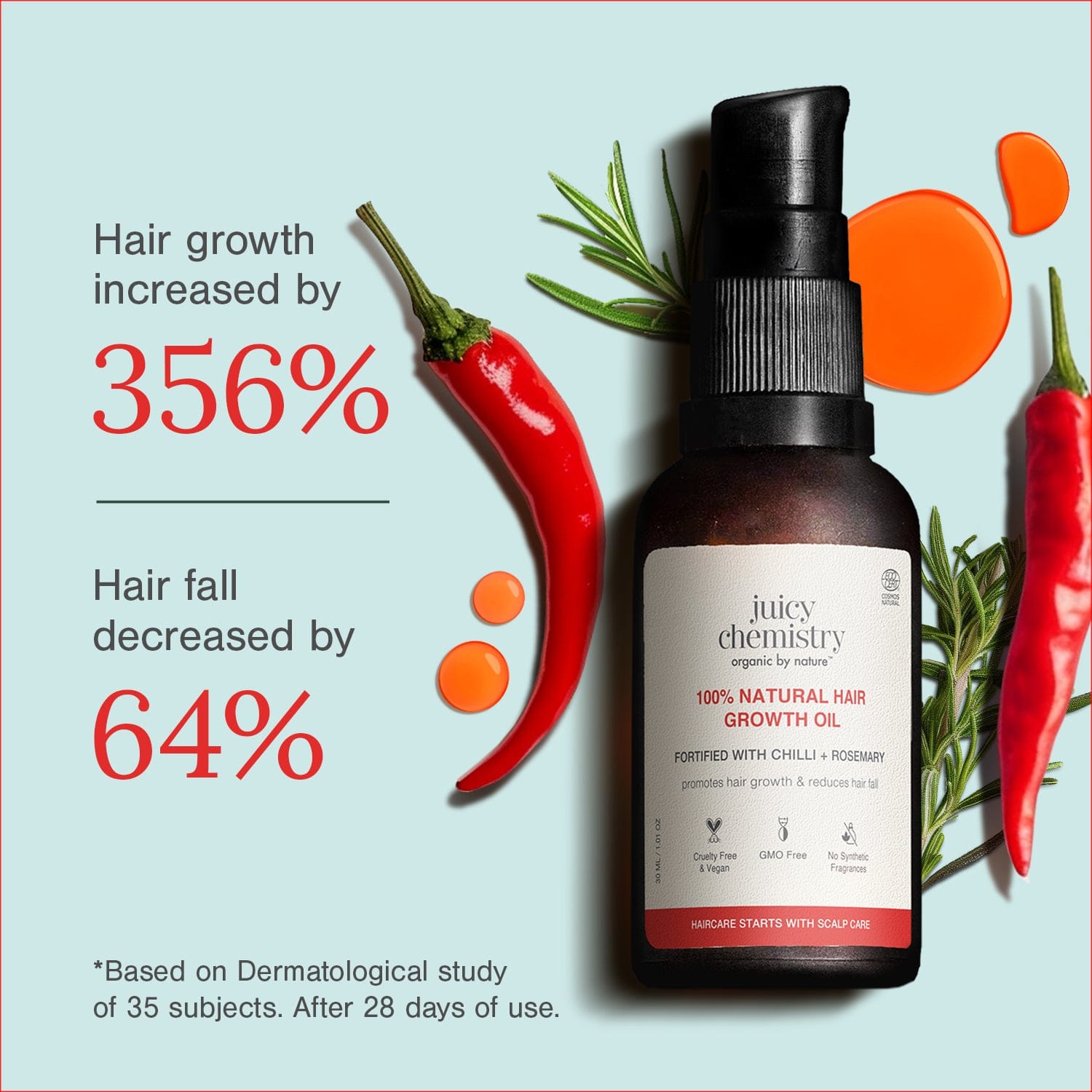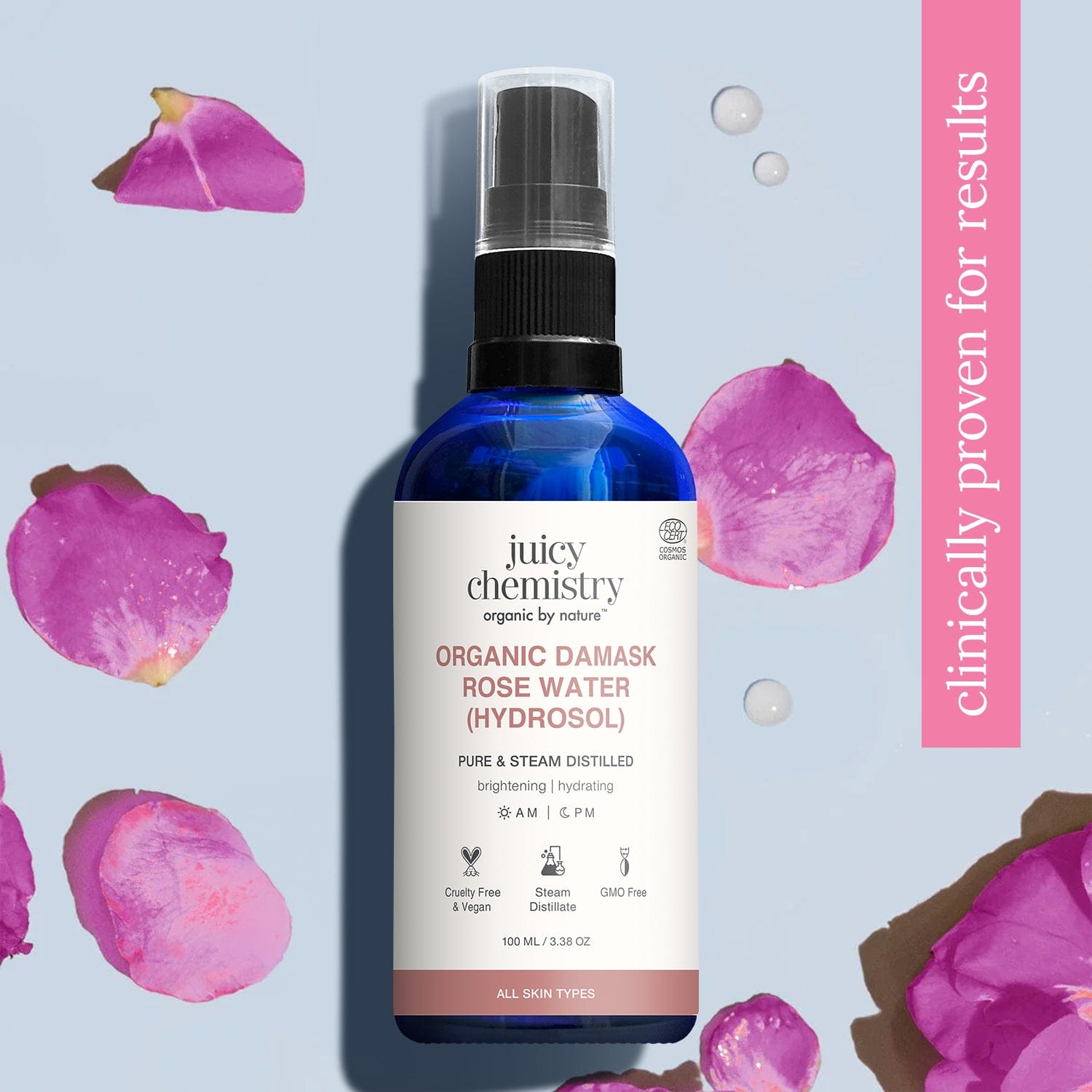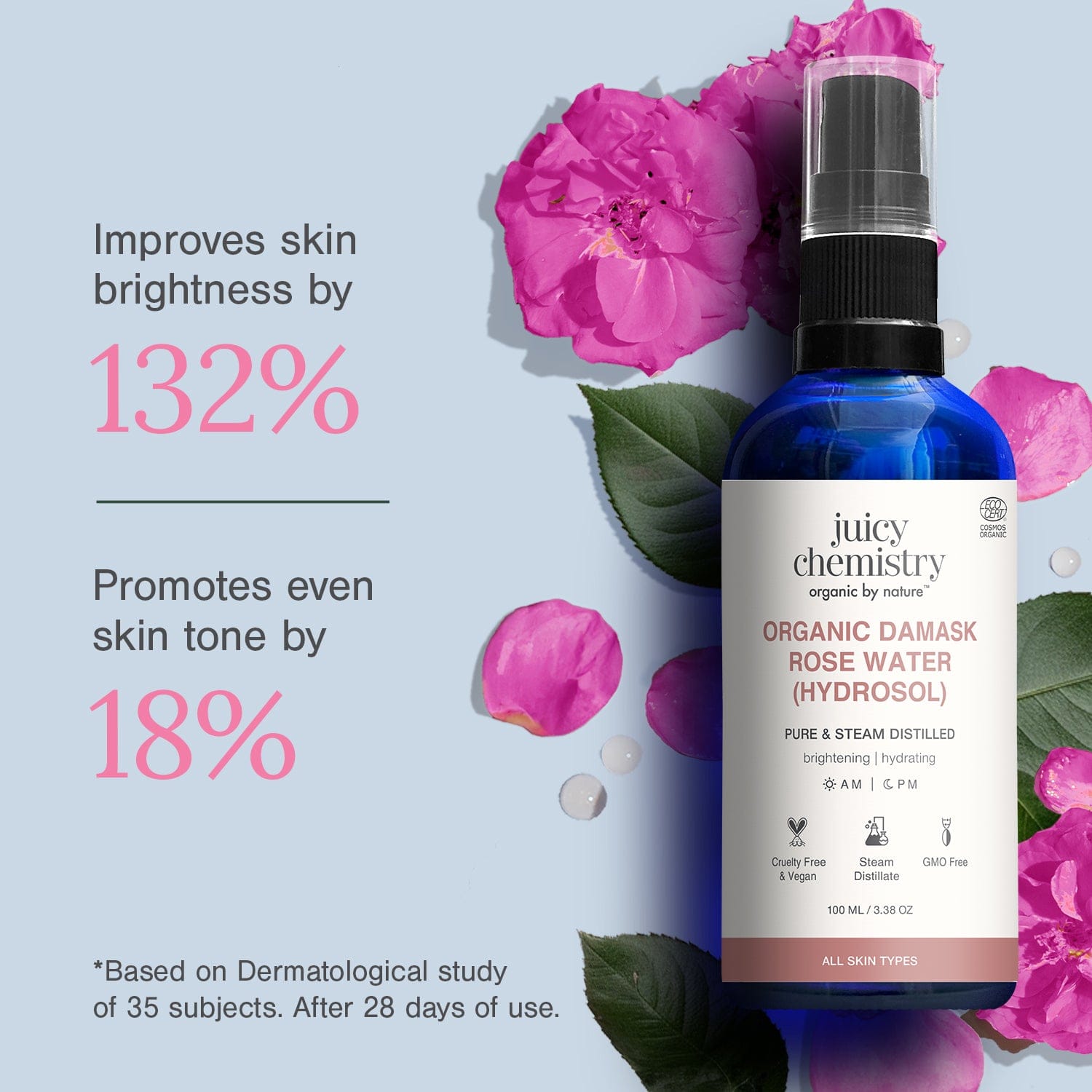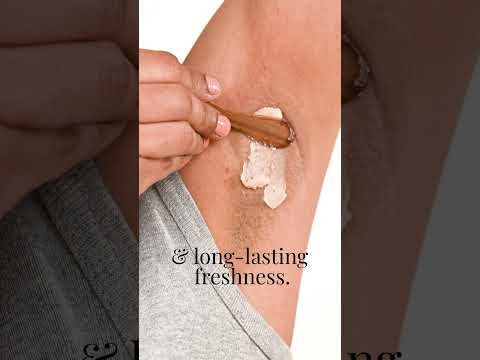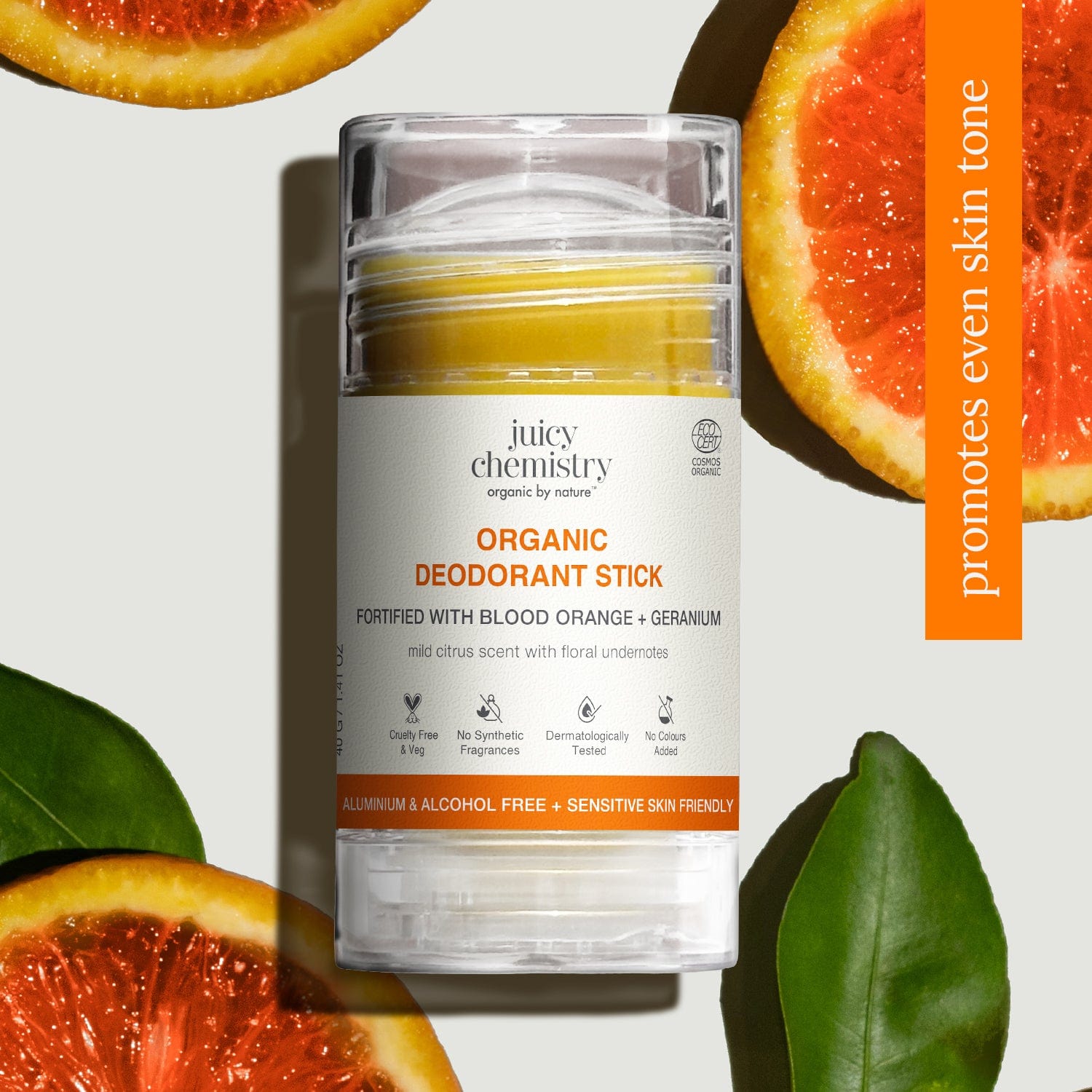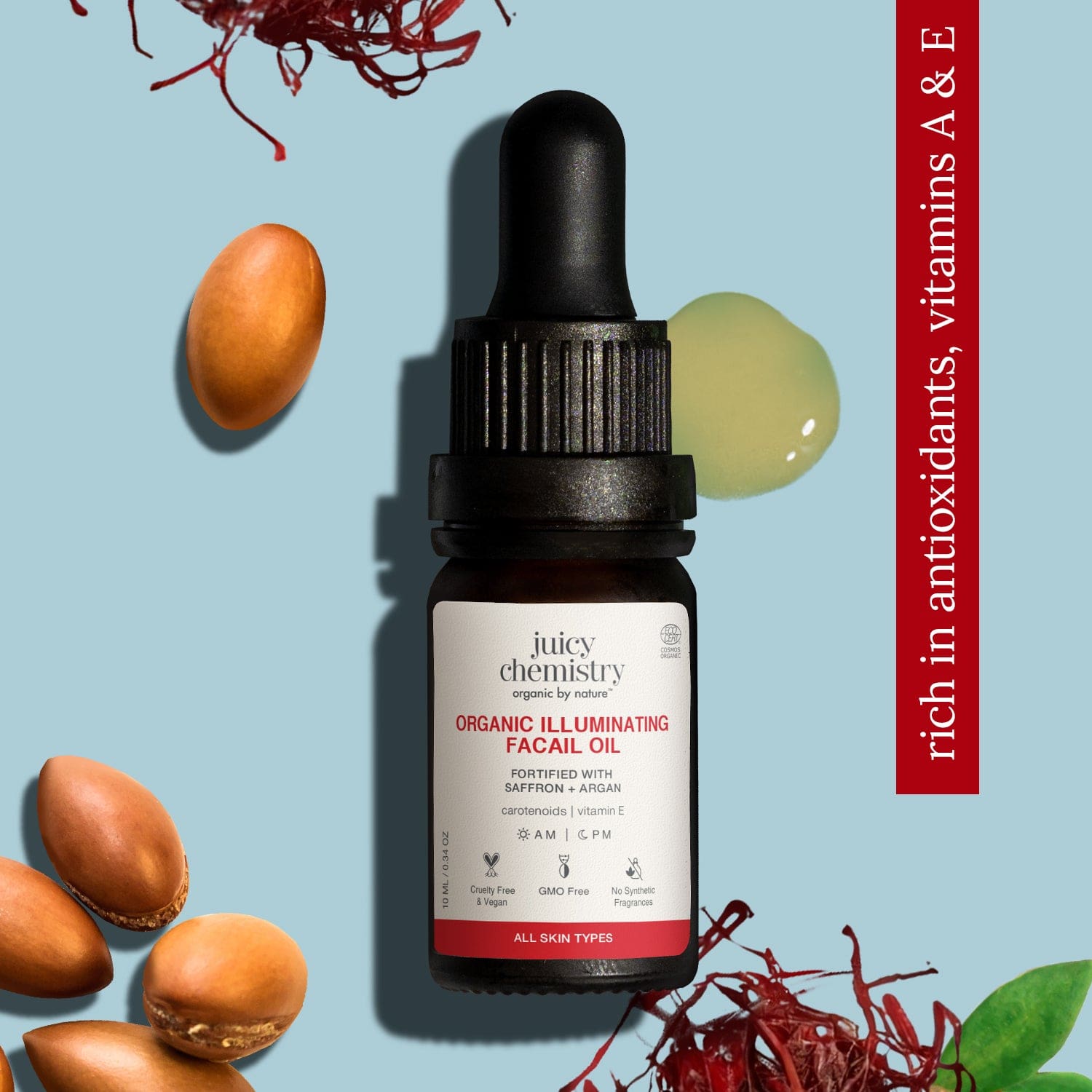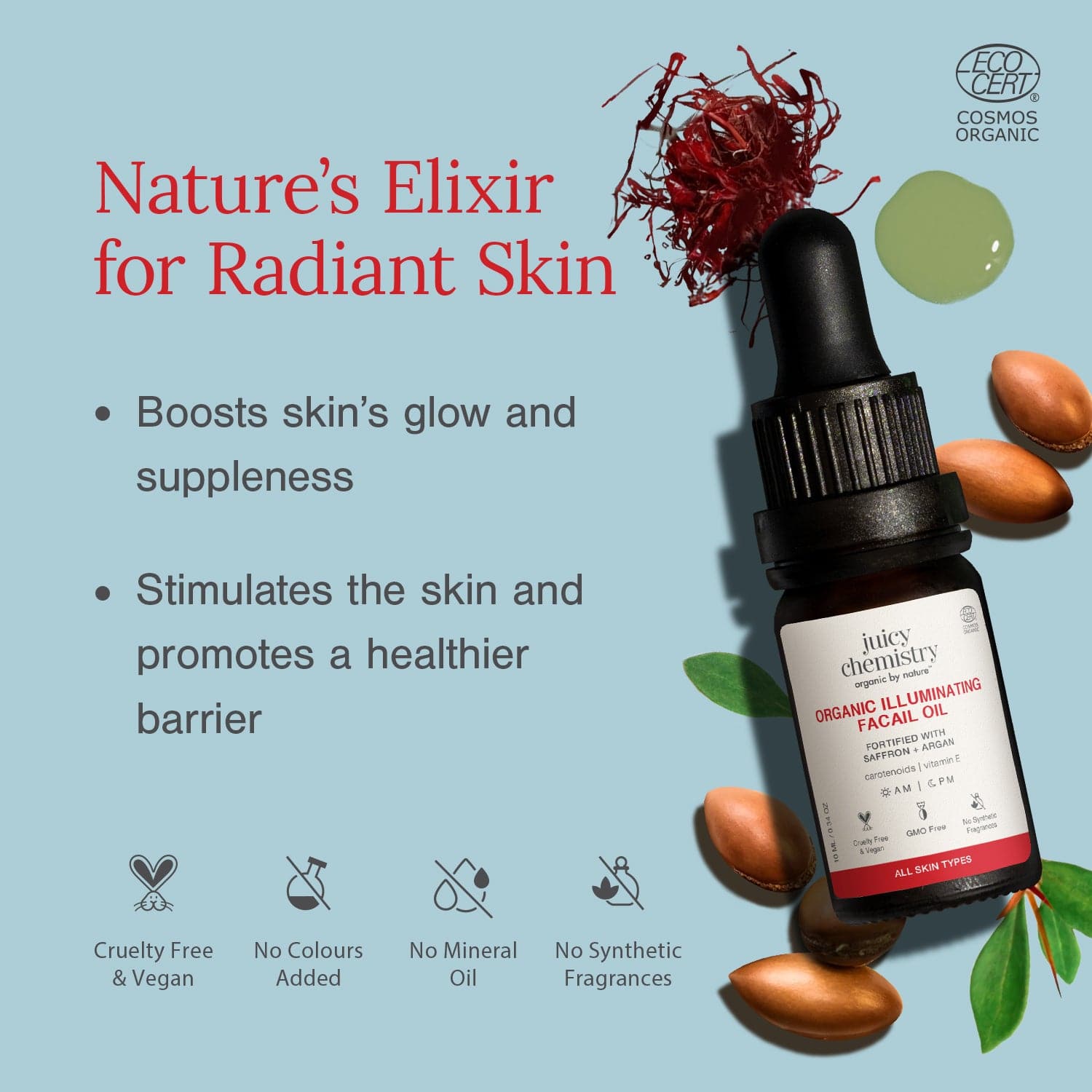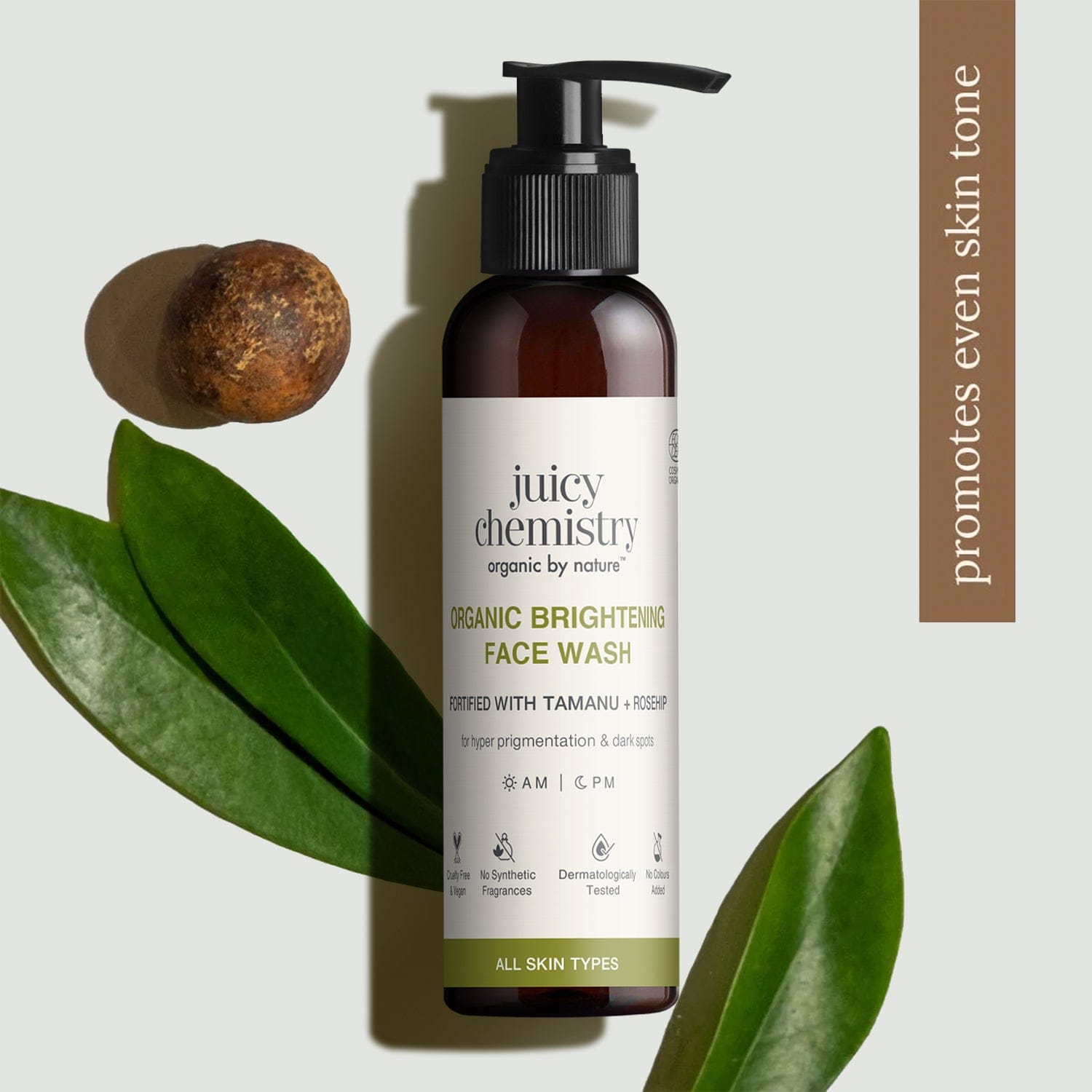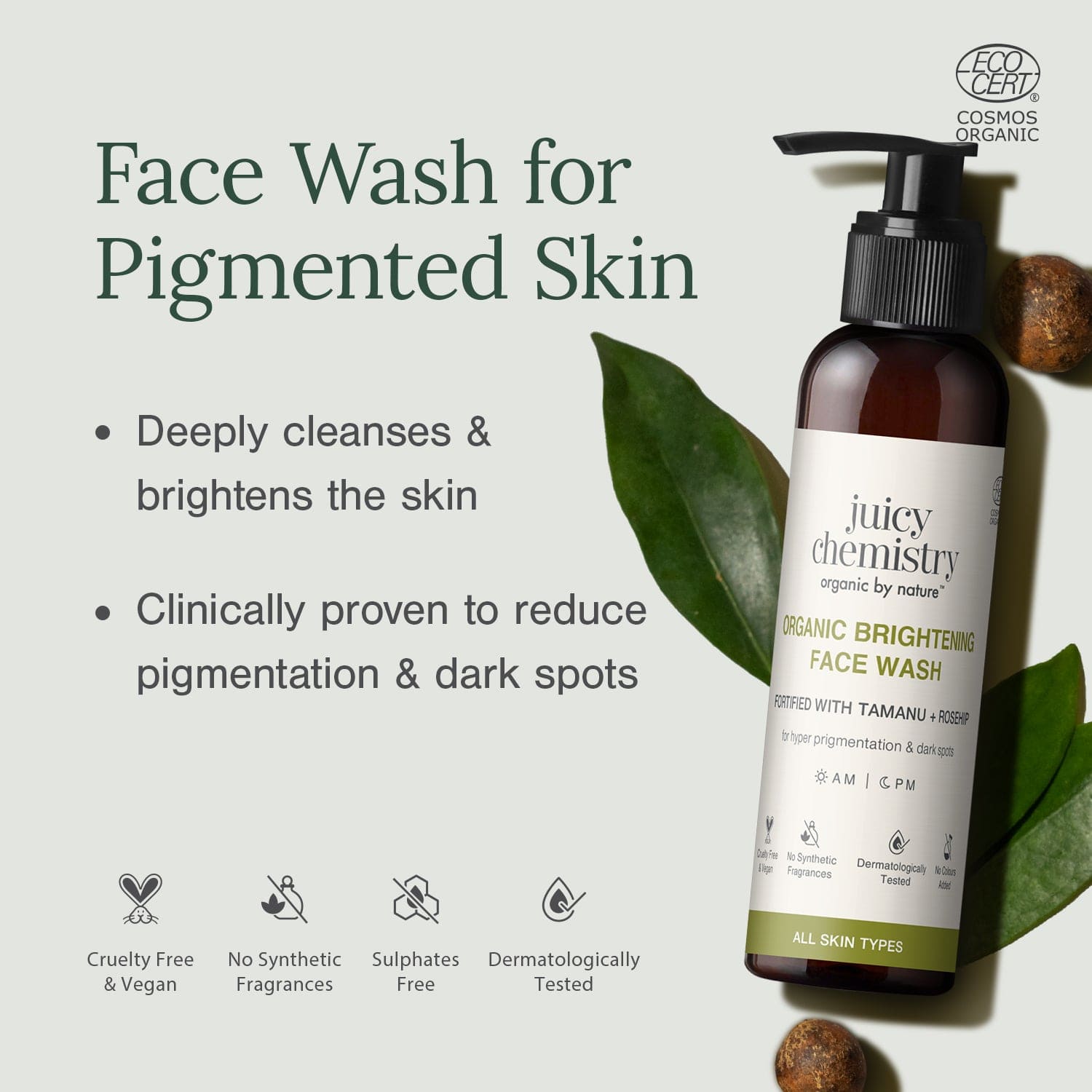10 Best Skincare Tips for Teenagers
July 13, 2021Top 10 Skin Care Recommendations for Teenagers
Your adolescent years present an ideal opportunity to learn about your skin's requirements, allowing you to establish a straightforward skincare regimen tailored to those needs. Various skin issues can be addressed through this routine, including acne, blackheads, dark spots, tanning, oily skin, and more. The initial step in creating your skincare routine is to evaluate your skin type.
Skin Types
Normal Skin - This skin type is balanced, neither excessively dry nor overly oily, making it compatible with a wide range of products.
Dry Skin - Individuals with dry skin often experience a sensation of tightness. Their complexion may appear pale, and dry skin can develop white patches, particularly during winter months. This skin type is also more susceptible to fine lines.
Oily Skin - Oily skin produces an abundance of sebum, which can result in a dull appearance, shine, clogged pores, and acne.
Combination Skin - Those with combination skin typically experience dryness in certain areas, such as the cheeks and lips, while the T-Zone, which includes the forehead, nose, and chin, tends to be oily.
The Significance of Skin Care for Teenagers
Throughout your teenage years, your skin often generates excess sebum or oil. This can lead to clogged pores, acne, and a lackluster complexion. Additionally, youthful skin is more vulnerable to tanning, which can permanently change your skin tone if not addressed. Therefore, maintaining a skincare routine during this time is crucial for hygiene and overall skin health.
Common Skin Issues Encountered by Teenagers
Acne - Due to increased oil production, teenage skin is more likely to develop acne, whiteheads, and blackheads. The cheeks and forehead, commonly referred to as the T-Zone, are frequent sites for pimples and raised bumps.
Excess Sweating - Puberty can cause your sweat glands to become overactive, leading to excessive sweating on the face, scalp, underarms, neck, thighs, and the soles of your feet.
Sun Damage - Teenagers with lighter skin tones are more susceptible to sunburn, while those with medium to darker complexions can experience tanning from extended sun exposure.
Dullness - An overproduction of oil can make the skin appear dull and shiny.
Skin Care Recommendations for Teenage Girls and Boys
DO’s -
- Stay well-hydrated internally, as this will help keep your skin clear and moisturized.
- Reapply sunscreen every few hours when outdoors during the day.
- Change your pillowcase weekly to avoid clogged pores and acne on your cheeks.
- Establish a morning skincare routine to not only cleanse your skin but also enhance your mood and prepare you for a productive day.
- Cleanse your face with a gentle cleanser every night before bed to significantly reduce breakouts.
- Maintain consistency in your skincare routine.
DON’TS -
- Avoid over-cleansing your skin. The urge to wash your face frequently due to increased oiliness can lead to dehydration and sensitivity.
- Don’t apply excessive pressure when drying your skin. Gently pat your face dry with a soft towel.
- Refrain from going outdoors during peak sunlight hours. If you must go outside, wear a hat, scarf, and sunglasses to shield your face from direct sunlight.
- Avoid popping pimples, as this can irritate your skin and leave scars.
- Limit your intake of fried or oily snacks, as they can contribute to an oilier complexion.
- Do not use hot water to wash your face, as it can harm your skin barrier. Always opt for lukewarm or cool water for cleansing.
Skincare Routine for Teenage Girls and Boys
Step 1: Cleanse
Utilize a gentle cleanser twice daily to eliminate excess oil and dirt. This step is essential for removing impurities, dead skin cells, and excess oil, laying the foundation for clear skin.
Step 2: Tone
Incorporate a natural toner like rose water or aloe vera juice throughout the day to keep your face feeling fresh and hydrated.
Step 3: Exfoliate
Employ a gentle scrub to exfoliate dead skin once a week. This practice will help maintain a soft and smooth skin texture while preventing clogged pores.
Step 4: Face Mask
Utilize a natural face pack weekly to cleanse your pores and enhance your skin's radiance. You can create your own face pack by mixing Multani mitti with rose water to form a paste. Apply this mixture to your face and neck, allowing it to dry completely. Afterward, rinse it off with cool water and gently pat your skin dry using a soft towel.
Step 5: Moisturize
Opt for a lightweight, gel-based moisturizer, such as aloe vera gel, instead of heavier creams. Don’t forget to hydrate your lips as well. Use an organic lip balm to maintain your lips' softness and elasticity.
Step 6: Sunscreen
Apply broad-spectrum, water-resistant sunscreen during the daytime to shield against sunburn, dark spots, and skin irritation. If you find that sunscreen leaves your skin feeling oily, you can set it with a natural dusting powder.
Juicy Chemistry’s Top Skin Care Products for Teens
-
Tea Tree, Neem And Rosemary Soap is an organic soap that offers a gentle cleansing experience, helps reduce acne, and manages excess oil production.
-
Bulgarian Rose Water Toner is clinically shown to enhance your skin tone, keeping it fresh and hydrated during hot summer days.
-
Aloe Vera Gel is a certified organic moisturiser that keeps your skin hydrated for long hours without making it appear greasy or shiny.
- Peppermint And Chocolate Lip Balm is a blend of nourishing plant butter and oils that moisturise your lips and prevent them from getting dry and chapped
Commonly Asked Questions
What kinds of foods should I eat during my teenage years?
Your adolescent years are crucial for your body’s growth and development. It’s essential to maintain a balanced diet that includes all food groups. Always opt for fresh, home-cooked meals whenever possible.
Is it necessary to apply a moisturizer if I have oily skin?
Absolutely. It may feel intuitive to skip moisturizer, particularly in the summer when your skin tends to be oilier. However, neglecting this step can result in dry, flaky patches on your face during the winter months. Therefore, it’s vital to use an appropriate moisturizer year-round, regardless of your skin type.
References
https://www.ncbi.nlm.nih.gov/pmc/articles/PMC5172479/
https://medcraveonline.com/PPIJ/perspective-of-natural-products-in-skincare.html

